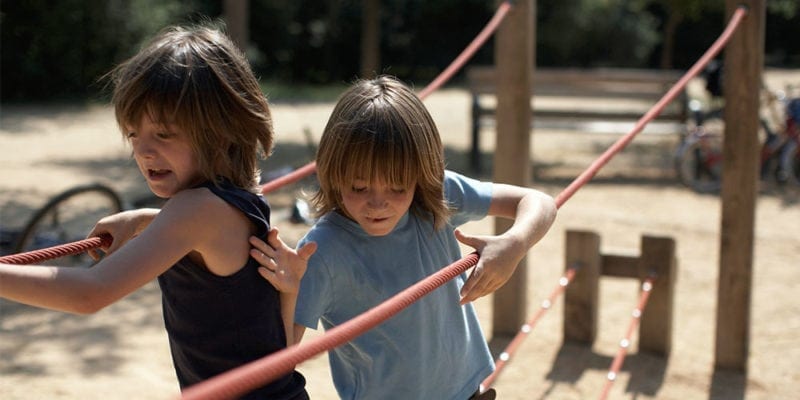Dr. Atul Gawande, a professor of surgery at Harvard Medical School, wrote the following: “There continues to be huge differences between hospitals in the outcomes of their care. Some places still have far higher death rates than others. And an interesting line of research has opened up asking why. Researchers at the University of Michigan discovered the answer recently, and it has a twist I didn’t expect. I thought that the best places simply did a better job at controlling and minimizing risks—that they did a better job of preventing things from going wrong. But, to my surprise, they didn’t. Their complication rates after surgery were almost the same as others. Instead, what they proved to be really great at was rescuing people when they had a complication, preventing failures from becoming a catastrophe.”
In other words, the best hospitals have a culture committed to the humble position that they can’t know and control everything, so be prepared for anything. This life-saving principle should apply to our children. They should approach their lives with a self-effacing posture about how little they know and prepare for the unforeseen. Here are 5 ways to prepare your kids for the unexpected.
1. Teach Them To Focus On Their Response
The world is filled with circumstances that are beyond our control. The one variable we can control is ourselves and how we respond. Teach your kids how to control their emotions and think clearly. Train them to think through the consequences of their actions, by evaluating cause and effect. Have them play out scenarios in their head: If I do [blank] then [blank] will happen. There are even board games that train the brain to do this.
2. Give Them A Process
Teach them how to think when something unexpected happens. Here’s an example:
- Stop and evaluate the situation – what exactly is happening
- Prioritize the needs – what is the most important thing to be done
- Make it better – what can I do to make the situation better
Then give them opportunities to use it in low-risk situations without coming in and saving the day.
3. Teach Them To Save Their Money
Unforeseen problems often come with a financial cost. Teach your children how and why it’s important to save their money. For example, when Grandma gives your son $50 for his birthday, he will instantly begin spending it in his mind. Help him think through it. Let him spend $10 on whatever he chooses. Then instruct him to invest the rest in an interest bearing account. Show him the monthly statement as his money grows. Children are visual. Let them watch their money grow simply by leaving it alone. Saving for a rainy day will become much more exciting then.
4. Teach Them The Value Of Time
Unexpected problems not only cost money they cost time. Teach your children the discipline of prioritizing and valuing their time. When your daughter gets home from school, teach her to grab a snack and sit down immediately to do her homework. Sure, she could do it later in the evening, but teach her to not procrastinate and to be disciplined. If issues arise she’ll be more prepared because she created a pocket of time for being flexible.
5. Go Over Emergency Scenarios
Are your children prepared for any household crisis? Do they know how to dial 911 and clearly provide an address? Can they locate the fire extinguisher and operate it? Teach your kids the appropriate measures to handle any emergency that might come up. Don’t neglect the simple things like how to use a plunger to stop an overflowing toilet. Make sure your children know how to keep a calm head in the face of an emergency.











The most unexpected thing that ever happened to me was… I did/did not handle it well by…